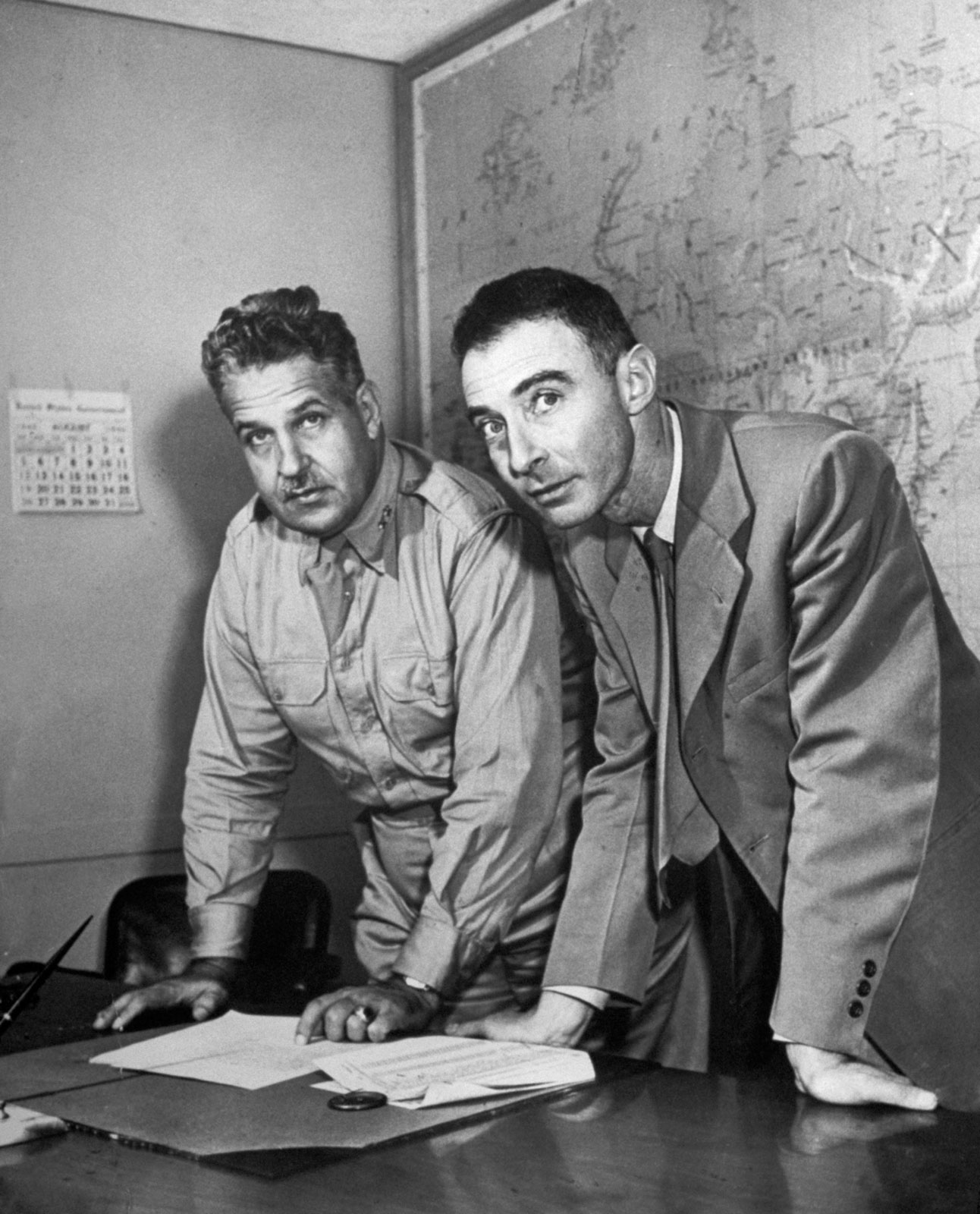J. Robert Oppenheimer was a brilliant American physicist who left an indelible mark on the course of history during the 20th century. Born on April 22, 1904, in New York City, Oppenheimer displayed exceptional intelligence from a young age. He pursued his education at prestigious institutions, including Harvard University and the University of Cambridge, where he made significant contributions to the field of theoretical physics.
His work in quantum mechanics and astrophysics earned him recognition as one of the most promising young physicists of his time. By the 1930s, Oppenheimer’s reputation as a brilliant scientist had already been firmly established, and he had become an influential figure in the world of academia.
However, it was during World War II that Oppenheimer’s life took a dramatic turn. In 1942, he was appointed as the scientific director of the Manhattan Project, a top-secret government initiative aimed at developing the world’s first atomic bomb. Leading a diverse team of scientists, Oppenheimer demonstrated exceptional organizational skills and scientific acumen.
The pinnacle of the Manhattan Project came on July 16, 1945, with the successful test of the atomic bomb, code-named “Trinity,” in New Mexico. Witnessing the immense power of this devastating weapon, Oppenheimer famously quoted the Bhagavad Gita, expressing mixed emotions of awe and sorrow.
While the atomic bombings of Hiroshima and Nagasaki brought an end to World War II, they also raised profound ethical questions about the use of such destructive weaponry. Oppenheimer grappled with the moral implications of his creation and became an advocate for international control of atomic weapons.
However, his associations with communist sympathizers during the politically charged post-war era led to the revocation of his security clearance. Despite facing professional and personal setbacks, Oppenheimer continued to contribute to the scientific community and academia.
In his later years, he served as the director of the Institute for Advanced Study in Princeton, where he mentored and inspired future generations of physicists.
Oppenheimer’s remains a controversial figure, celebrated for his scientific brilliance and criticized for his involvement in the development of nuclear weapons.
